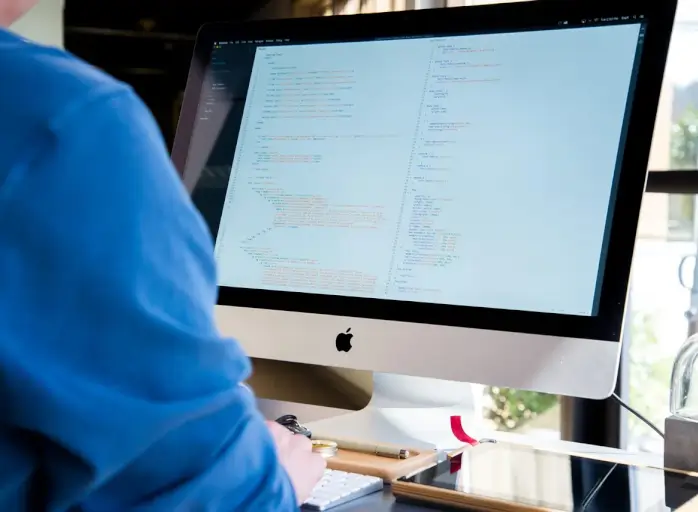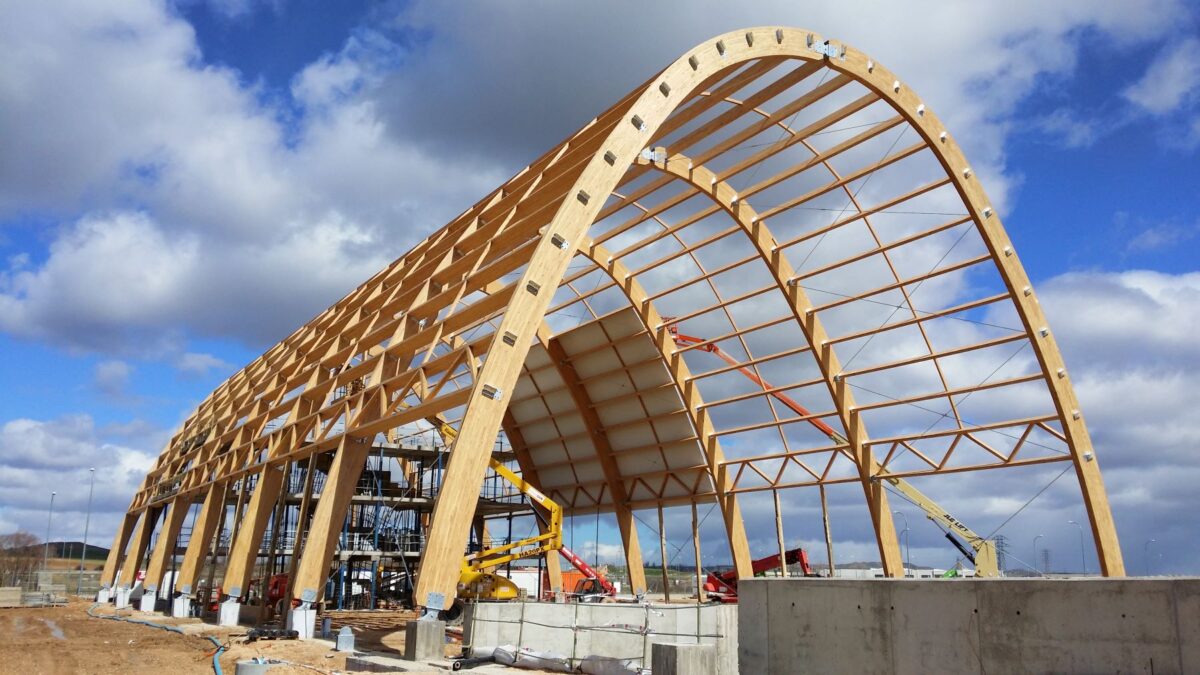


The family business, which features among Europe’s Top 20 softwood lumber producers, began the Fit 4 Sustainability programme in December 2022 and recently concluded its carbon footprint assessment with consulting company Resultance.
 Abigail Okorodus
Abigail Okorodus
 Headquartered in Luxembourg, the Fruytier Group specialises in the supply of softwood products for various applications, from softwood construction (frameworks, roofs, gardens, glulam structures) to heating products (pellets and compressed logs) and product packaging.
Headquartered in Luxembourg, the Fruytier Group specialises in the supply of softwood products for various applications, from softwood construction (frameworks, roofs, gardens, glulam structures) to heating products (pellets and compressed logs) and product packaging.
Managing Director, David Fruytier, cites three main reasons for participating in the Fit 4 Sustainability programme: the desire to improve its environmental impact by taking a global view of its activities (and realising that only what can be measured can be improved), the anticipation of future obligations in terms of sustainability reporting, such as the Corporate Sustainability Reporting Directive (CSRD), and customer demands.
We had a lot of information in our heads, and we've been able to put it all together in a single document.
“After discussions at the level of the group’s management about our carbon footprint and CSR reporting obligations applicable from 1 January 2024, we were determined to move forward with the programme as we’ll eventually be subject to all these. But more importantly, some of our clients had already started talking about these requirements. So we wanted to be proactive,” he explains.
The company teamed up with Luxinnovation-certified business consultant Resultance, a prior collaborator in reviewing the group’s business operations.
The company is also concerned with promoting environmentally friendly practises. “It's in our best interest that the forest grows,” says Mr Fruytier. “The timber industry is naturally one that operates locally and across short distances. For example, we look for wood within 200 to 250 km of the production sites and we’ve established collaborations with forestry collectives to encourage reforestation initiatives through a portion of the proceeds from wood sales.”
He adds that the company is looking to become more efficient by using as little energy as possible. “We measure the energy we use at all our production sites. At one site, we have invested in a gas-fired cogeneration unit to provide heat and reduce waste. Photovoltaic panels have been installed (and will continue to be installed) and we encourage our employees to use soft mobility and switch to electric vehicles.”
“In a few years’ time, we'll be able to look back at what we've been able to improve, what we're doing better.”
The results of the study attributed most of the group’s emissions to its logistic flows, fleet of metal-based industrial machinery, and fossil fuel consumption.
“Our truck transportation is a key contributor to our emissions, and we are rather reliant on technology in this area. While there have been electric trucks for some time now, they are currently three times expensive, and there aren't enough charging stations to make some trips feasible,” he points out, referring to some current challenges. “Most of the things we could do were already in place before the carbon footprint assessment,” he asserts, “but thanks to these actions, we are measuring our footprint and will be able to reduce our consumption of fossil fuels even further in the future.”
We measure the energy we use at all our production sites.
 Regarding emissions from metal-based equipment, he emphasises the company’s continued commitment to extending its equipment lifespan, like it did in the past. There are also plans to install more photovoltaic panels at its production sites in Belgium, Germany and France, and to increase the use of biofuels.
Regarding emissions from metal-based equipment, he emphasises the company’s continued commitment to extending its equipment lifespan, like it did in the past. There are also plans to install more photovoltaic panels at its production sites in Belgium, Germany and France, and to increase the use of biofuels.
“We had a lot of information in our heads, and we've been able to put it all together in a single document and get an idea of exactly what we were doing. With a starting point like this, in a few years’ time, we'll be able to look back at what we've been able to improve, what we're doing better, what we're doing less well, and see if we’re heading in the right direction.”
Regarding its next steps, Mr Fruytier highlights the need for energy autonomy: “It is really something we're looking for as much as possible. So not to be dependent on the grid but to be truly autonomous on site. We can produce our own energy using our own resources, for instance, wood pellets.” Another area of interest for the group is improving recycling measures. “We already do a lot of waste sorting and recycling, but perhaps we need to measure them even better and capture certain elements more clearly, and make sure that this really is a global policy for the whole group.”
It wasn't just about getting money in exchange for a document.
The director also mentions the key role of Luxinnovation. “We were well supported. The teams always made sure that everything went smoothly, and they were 100% available. You can see that there's a real desire to help and to understand what we're doing. It wasn't just about getting money in exchange for a document.”
Resultance and Fruytier Group representatives will present a detailed breakdown of the study at the Wood Cluster Forum Luxembourg in October in hopes to inspire other companies with their experience.
Photo credit: Fruytier Group